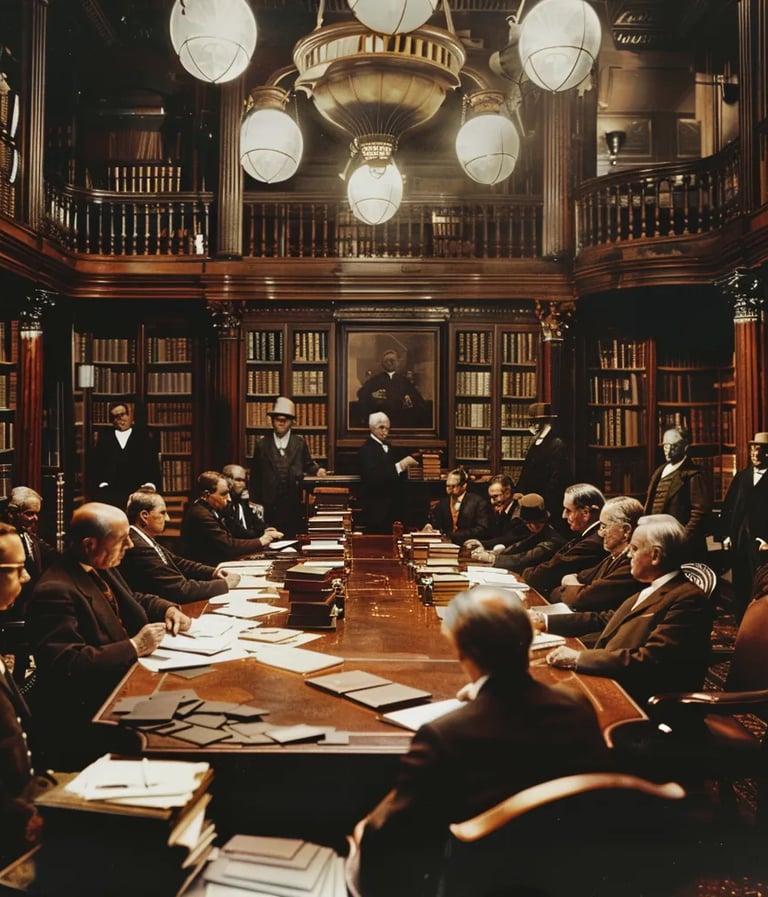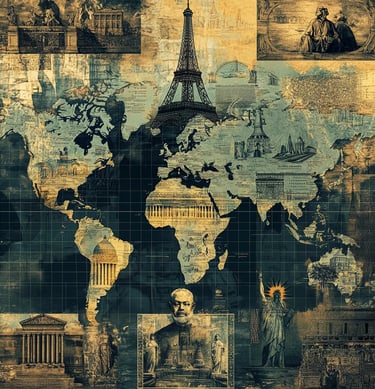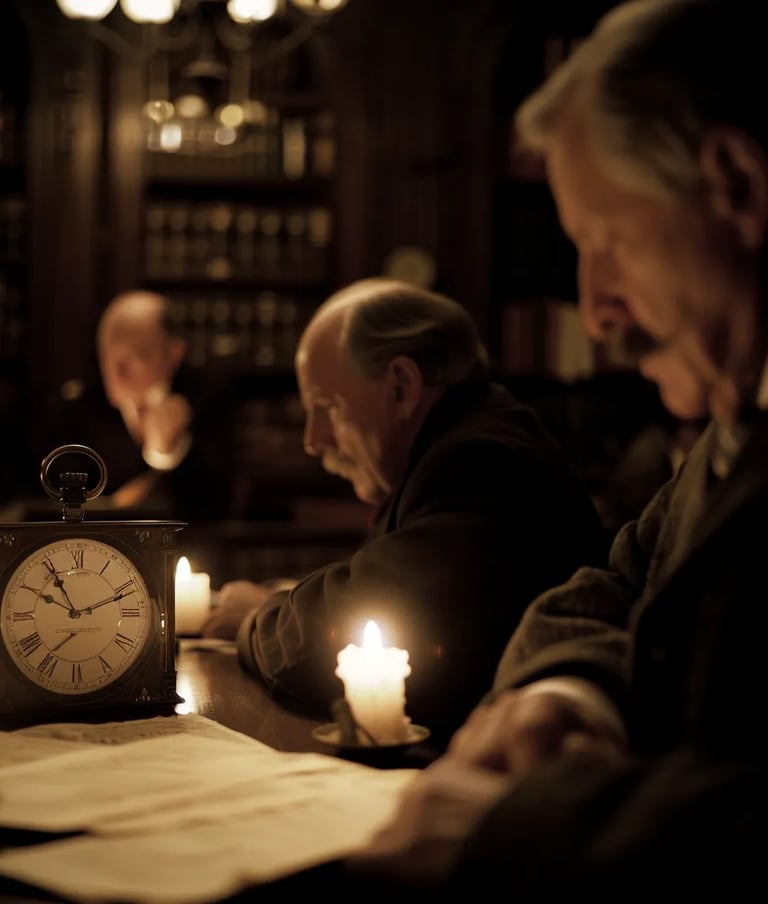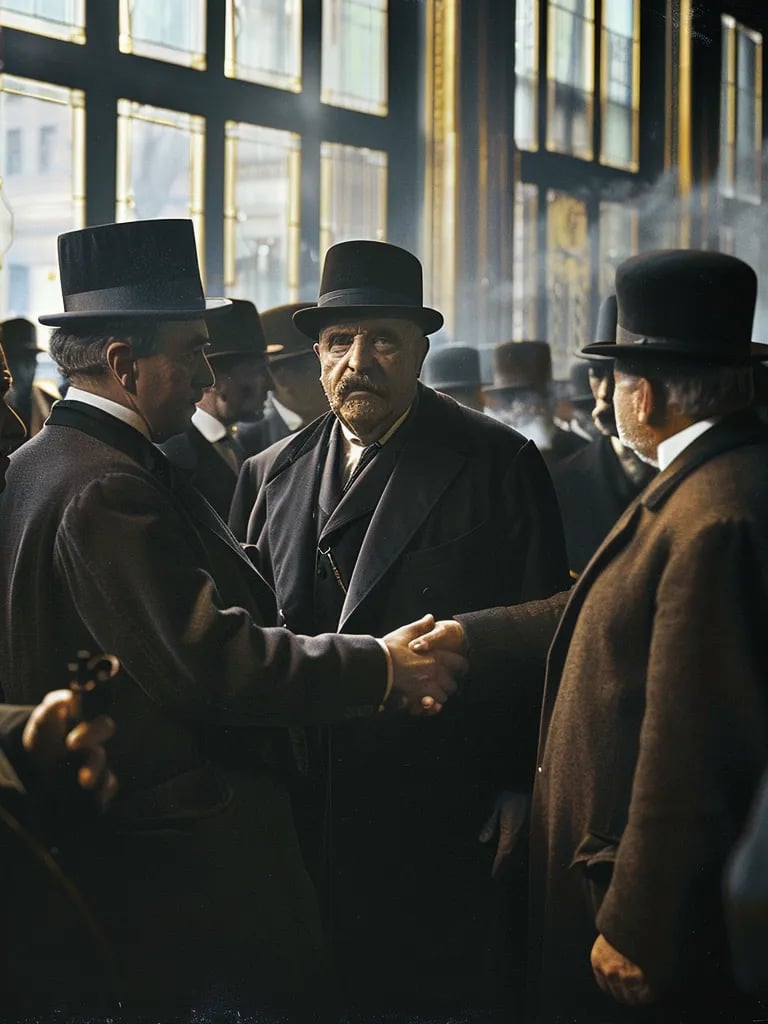On November 2, 1712, the Suriname government found itself at the mercy of French privateer Jacques Cassard. In a desperate bid to save their colony from destruction, officials agreed to pay him a staggering 682,800 florins. The ransom spared Suriname from further attacks, but Cassard’s brazen extortion solidified his reputation as one of the most audacious pirates of his time.
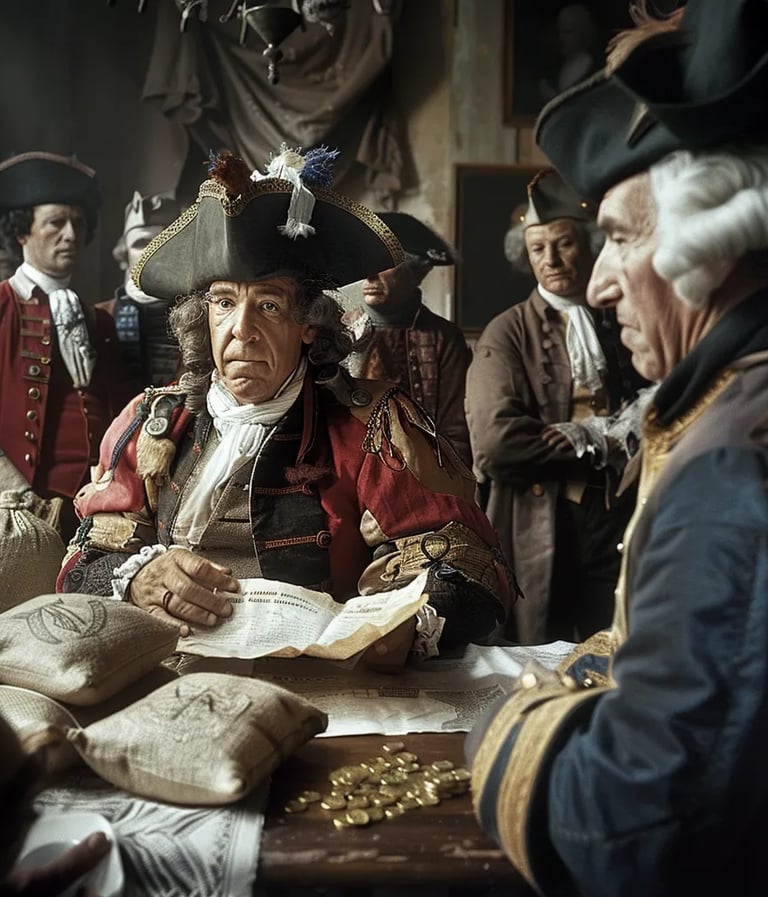

1712 – A King’s Ransom: Suriname Pays Off a French Hijacker
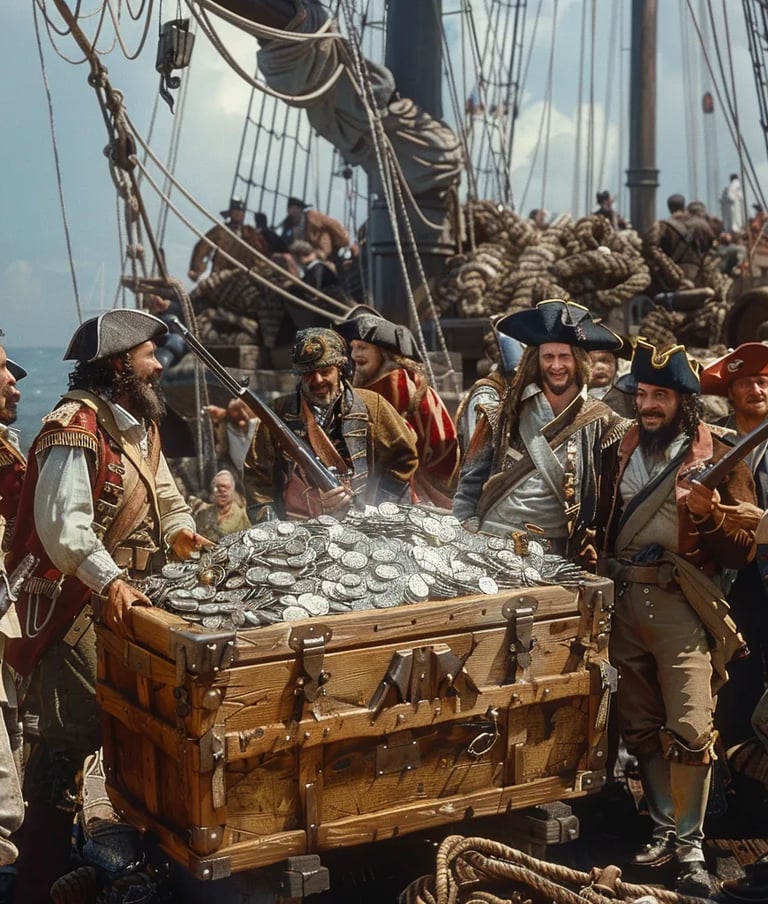



On this day, General George Washington stood before his troops one last time, offering an emotional farewell after leading them to victory in the American Revolutionary War. His gratitude and humility defined the moment as he prepared to return to civilian life. However, fate had other plans—just a few years later, he would be called upon to serve as the first President of the United States.
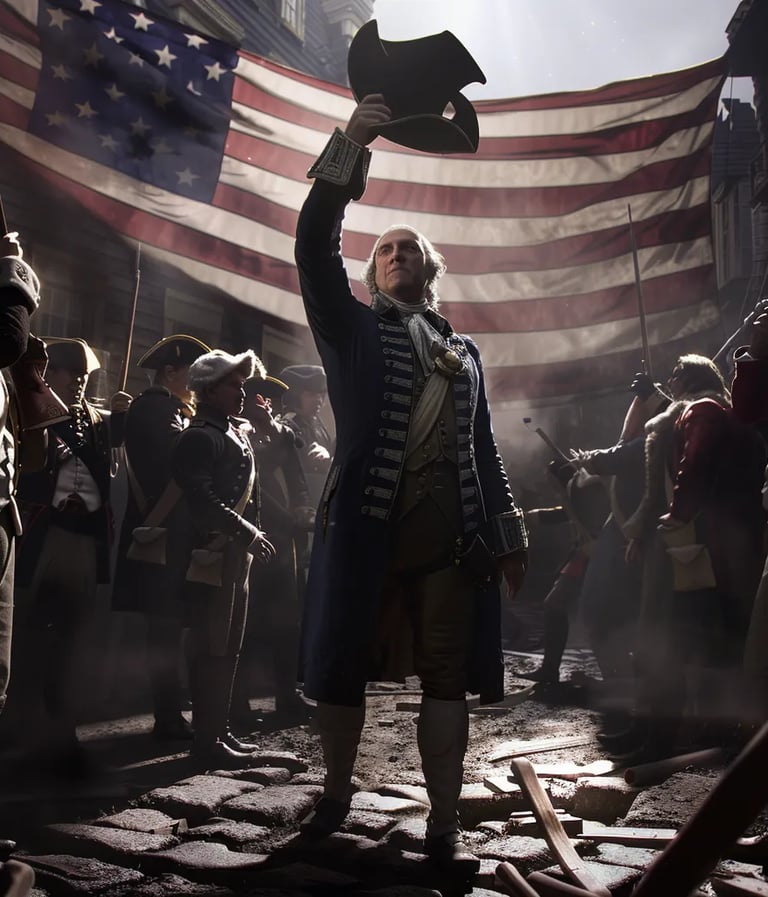

1783 – George Washington Bids Farewell to His Loyal Army
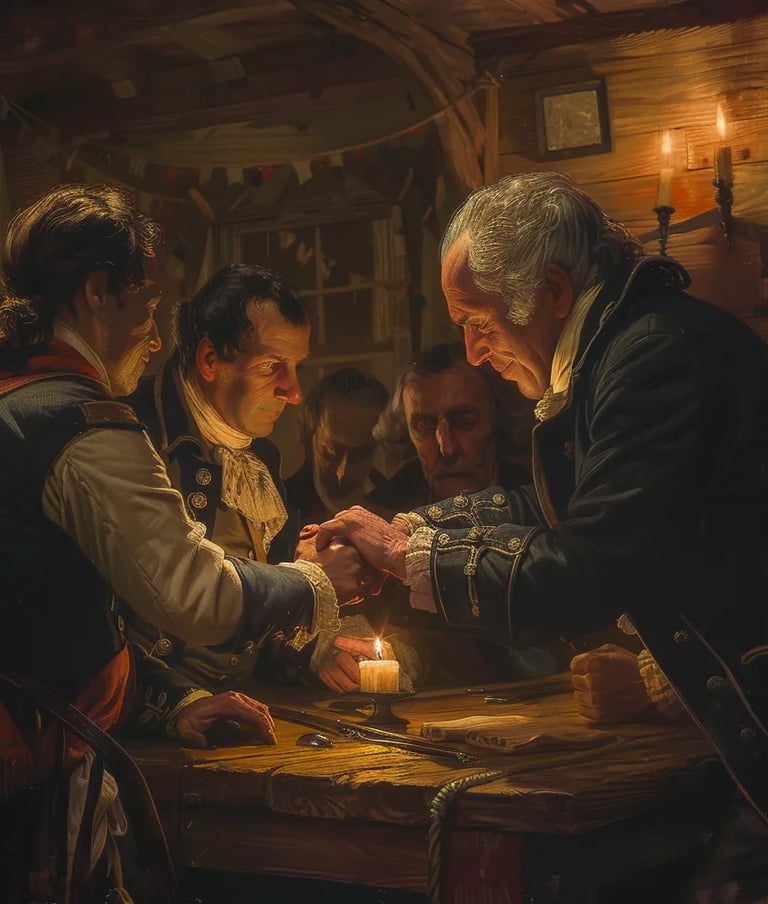

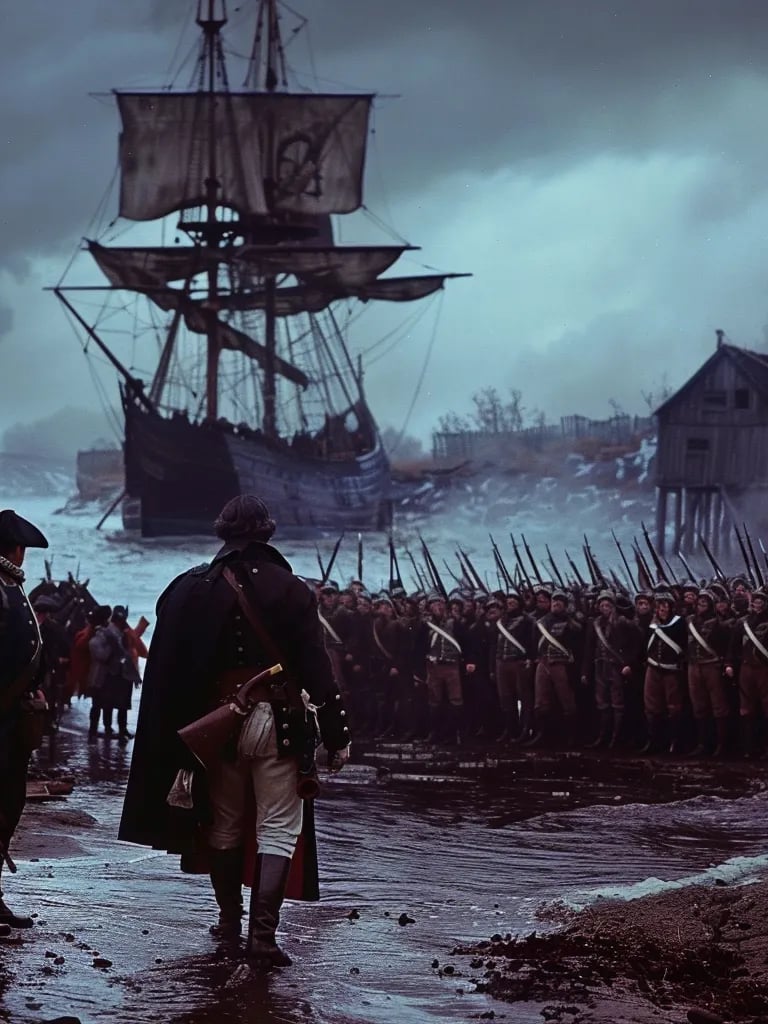

Afghanistan was thrown into turmoil as Akbar Khan successfully led a revolt against Shah Shuja on November 2, 1841. The uprising was fueled by growing resentment against British influence and Shuja’s weak rule. The victory not only removed Shuja from power but also set the stage for one of the most disastrous British military defeats in history—the First Anglo-Afghan War’s infamous retreat from Kabul.
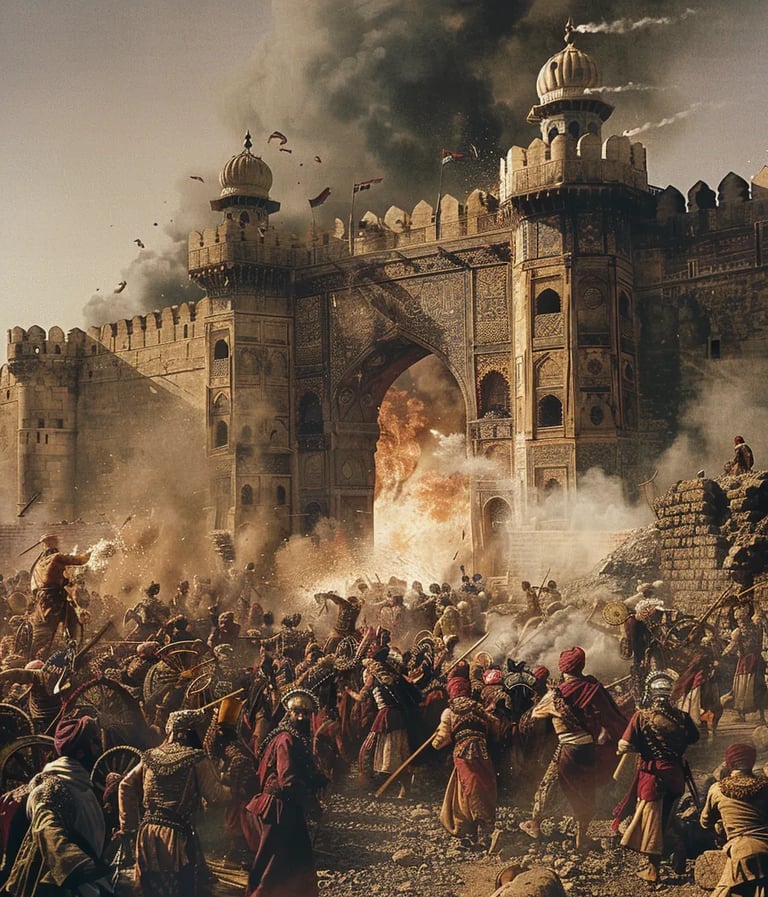

1841 – Akbar Khan’s Rebellion Overthrows Shah Shuja in Afghanistan
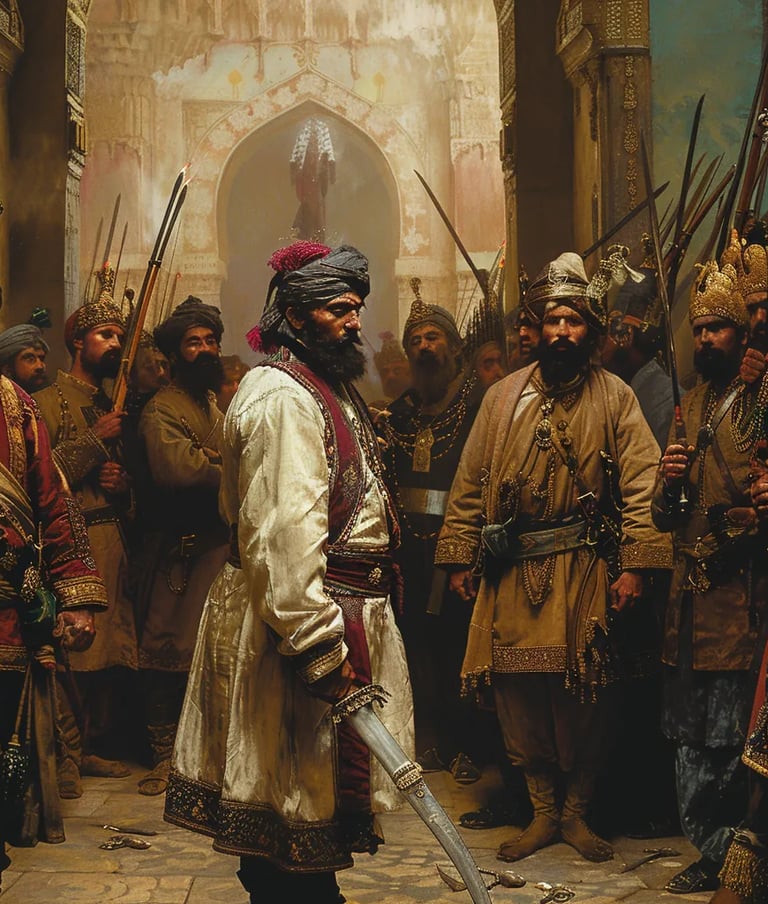

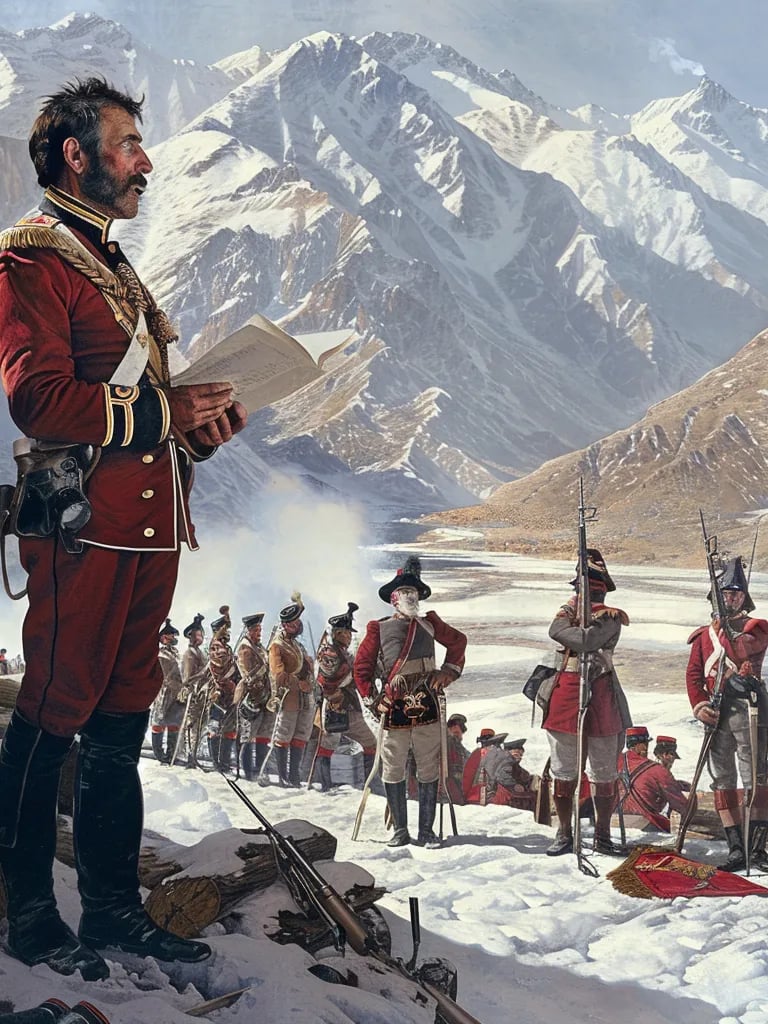

On this day, American sports changed forever as Johnny Campbell led the very first organized cheer at the University of Minnesota. His enthusiastic rallying of the crowd marked the birth of cheerleading, a tradition that would grow into a worldwide phenomenon. What started as a simple chant at a football game evolved into an athletic discipline, combining gymnastics, dance, and spirit across the globe.
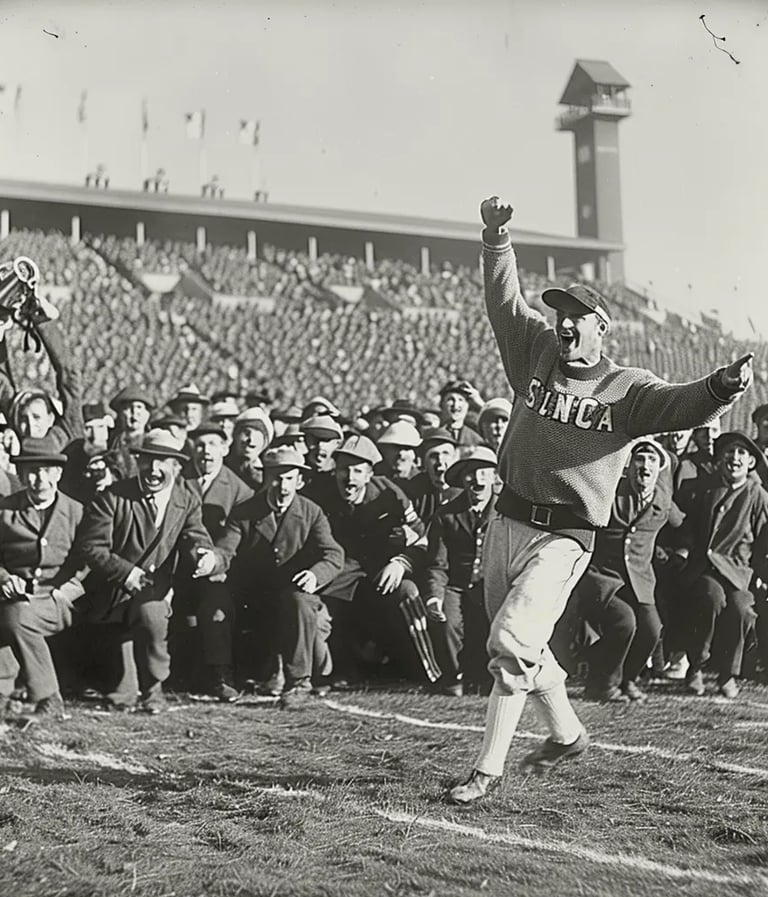

1898 – The Birth of Cheerleading: Johnny Campbell Fires Up the Crowd
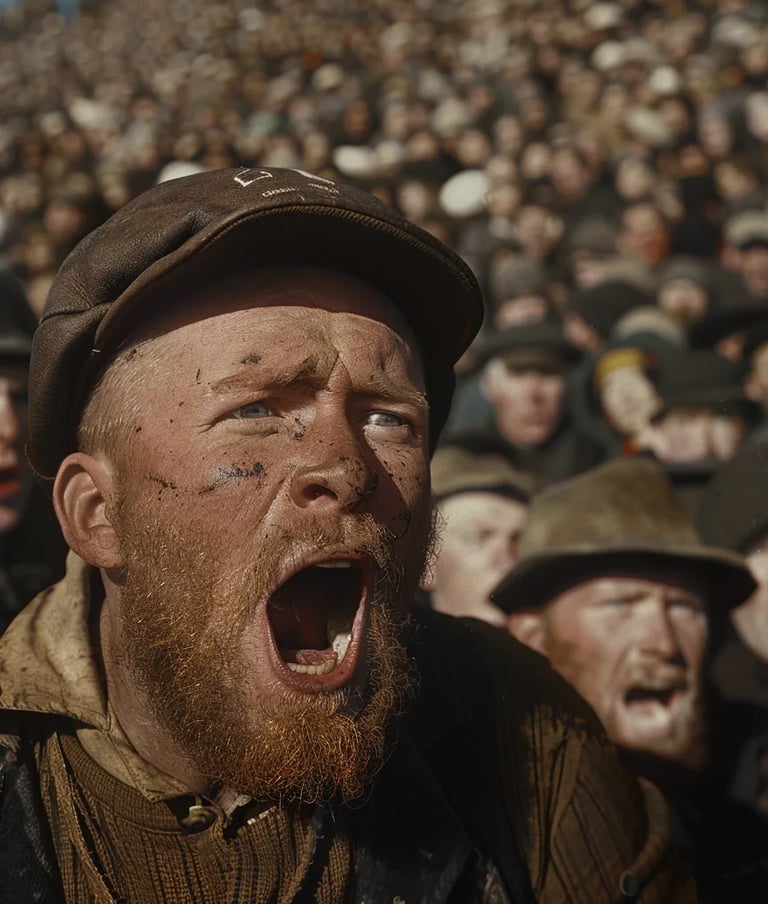

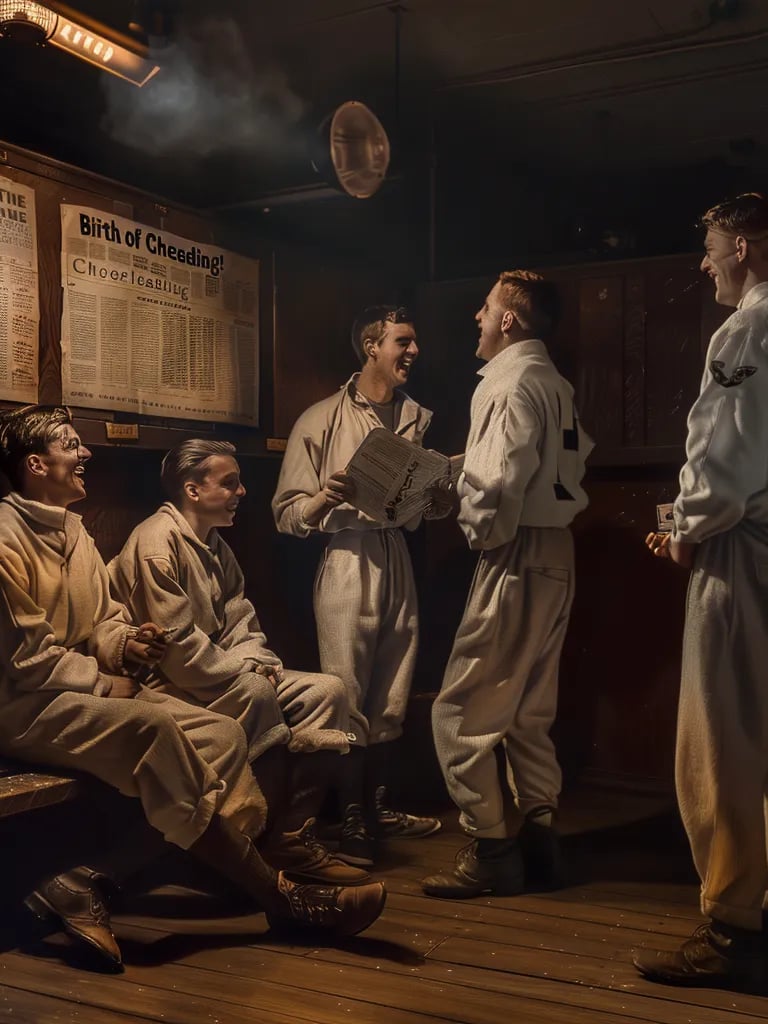

New York was on the brink of financial ruin when J.P. Morgan took drastic action on November 2, 1907. The powerful banker locked over 40 financiers in his personal library, refusing to let them leave until they found a solution to the growing banking crisis. His strong-armed tactics worked—by morning, a deal was struck, saving several banks and preventing a total economic meltdown.
